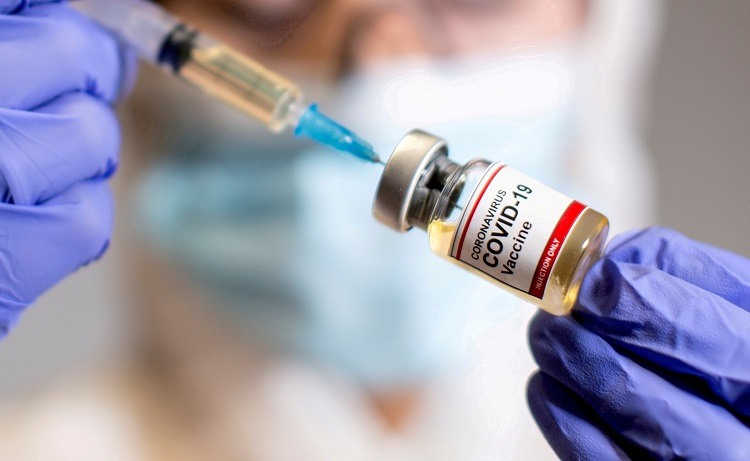Dr. Carissa Etienne, director of the Pan American Health Organization, the WHO’s regional branch in Latin America, said the abundance of vaccine misinformation in the island region is making people hesitant to get the shots.
“I want to make a special appeal to my fellow Caribbean persons please, we have to be extremely careful,” Etienne said. “We have limited bed capacity and limited ICU capacity in our small islands … our health systems will become overwhelmed very quickly.”
Caribbean Islanders to ‘Wake Up’ and Get Vaccinated

She said the decision not to get vaccinated is “foolhardy,” especially when hospital capacity is so limited.
“We are playing with our lives. So my appeal to you is, get up, wake up from that slumber, wake up from that dream because we know that the vaccines are safe,” Etienne said.
“I don’t know the sources of the information that is triggering this level of vaccine hesitancy. I can tell you that they are not scientifically proven, and I want to appeal to you to listen to the sources where you have truthful, scientifically based information and evidence,” Etienne said.
Etienne said the side effects are being closely monitored by scientists “nationally, regionally and globally,” and that actions are taken immediately if concerns arise. Every medication you take has side effects, “and you don’t question them there,” Etienne said.
“So please, please, please take your vaccines and please wear your mask properly and social distance,” Etienne said. “I know we Caribbean people like to be close and we like to congregate,” she said. What comes next is yet to be seen.
Final Words
People in the Caribbean are more prone to assume that vaccines are risky or unsafe due to a lack of faith in governments and public health authorities.
Joy St. John, executive director of the Caribbean Public Health Agency in Trinidad and Tobago, warned that such rumours were being spread in 2020, long before vaccines were available.
She argues that Caribbean groups are spreading misinformation about vaccines by weaving in cultural themes that will resonate with specific demographics.
“It has been the most organised and unrelenting effort I have witnessed in more than 30 years as a doctor,” PAHO’s Etienne said of the vaccine drive, urging Caribbean nations to cooperate with community leaders and trusted public figures to address vaccination fears and dispel myths.
















